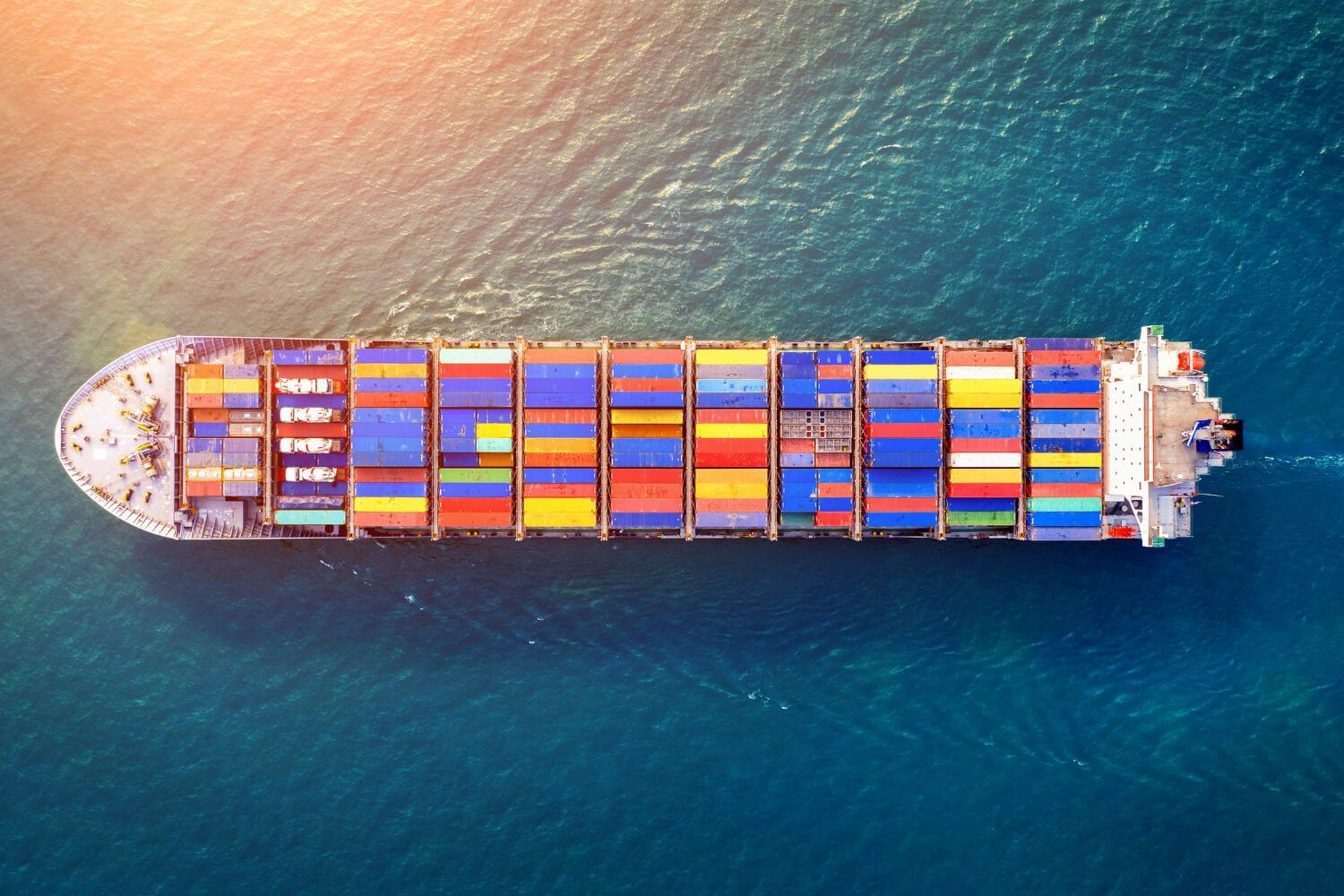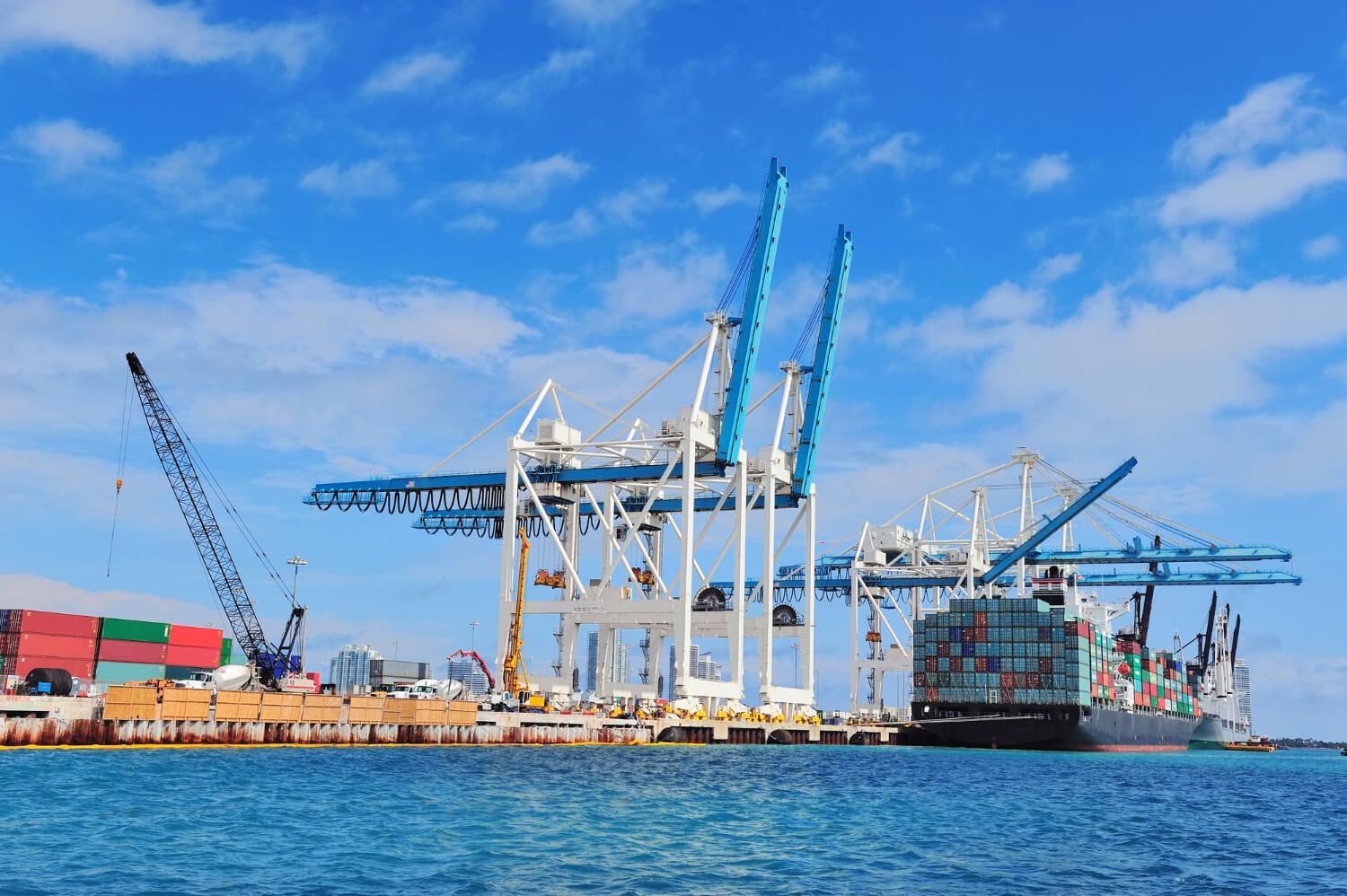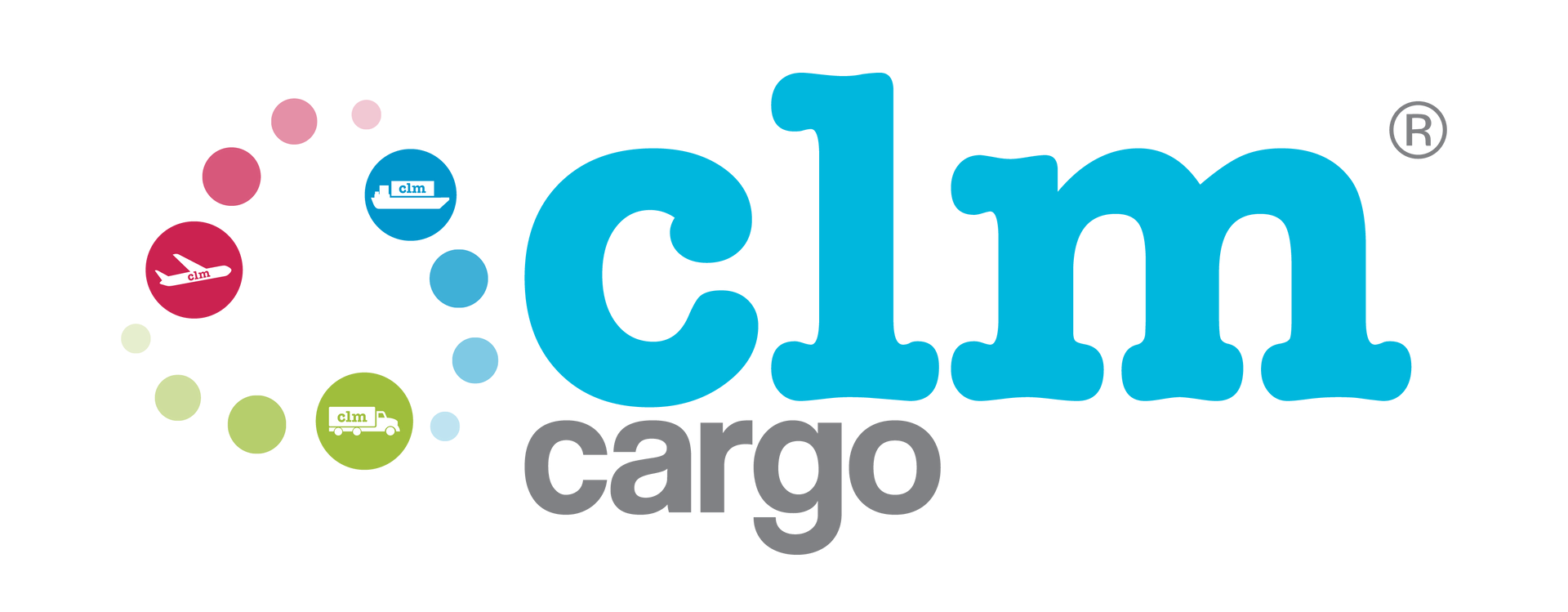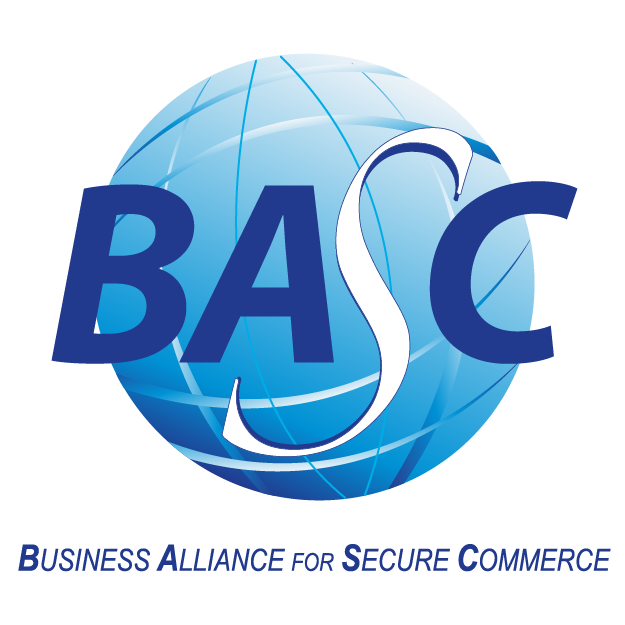Export Intermediation

Export intermediation is a key process for facilitating international trade in Colombia. These operations ensure that goods meet the necessary legal and customs requirements to leave the country. Customs Brokerage Companies (SIAs) play a fundamental role in this process. They help businesses manage the required documentation and comply with current regulations, thus contributing to success in foreign trade.
Importance of Export Intermediation
Export intermediation is essential for the commercial success of businesses in the global context. Proper management provides multiple benefits and ensures effective operations in international trade.
Role of Customs Brokerage Companies
Customs Brokerage Companies (SIAs) are key agents that facilitate and optimize the export process. These entities act as intermediaries between the exporter and customs authorities, ensuring that all regulations are followed and that procedures are carried out efficiently. Their expertise in customs handling allows businesses to focus on production and commercial strategy.
Impact on Colombian Foreign Trade
Foreign trade is vital to Colombia’s economy. Export intermediation helps strengthen trade relations with other countries, increasing the competitiveness of local businesses. With the support of SIAs, Colombian products can access new markets, expanding growth opportunities and revenue diversification.
Benefits for Exporting Companies
Companies that use export intermediation services benefit in several ways:
Reduction of Potential Penalties
Proper regulatory compliance prevents sanctions that may arise from irregularities in the customs process. SIAs ensure all documentation is in order and legal requirements are met, minimizing risks and additional costs.
Increased Efficiency in Logistics
SIAs' experience in customs procedures speeds up the export process. This allows companies to optimize delivery times and improve logistics, which is crucial to meet demand in international markets.
Functions of Customs Brokerage Companies
Customs Brokerage Companies (SIAs) play a key role in the export process, ensuring all operations comply with current regulations. Their functions are diverse and critical to the success of exporting companies.
Advisory Services and Legal Compliance
SIAs provide specialized guidance on customs and trade regulations. This advice enables businesses to meet the requirements set by authorities in both origin and destination countries. Their experience guarantees fully compliant procedures.
Control of Customs Documentation
A vital aspect of an SIA’s work is ensuring that all necessary documentation is correctly prepared and submitted. This control is essential to avoid issues during the transit of goods.
Accuracy and Validity of Documents
Verification and validation of documents are crucial. SIAs thoroughly review all documentation, ensuring there are no errors that could result in penalties or shipment delays.
Proper Filing with Customs Authorities
Accurate submission to customs authorities is fundamental for successful exports. SIAs ensure all documentation is submitted in full, complying with regulatory requirements.
Representation Before Customs Entities
SIAs act as company representatives throughout the customs process. This includes handling all communication and relevant procedures with customs authorities.
Management of Official Communications
Effective communication with authorities is essential. SIAs maintain open lines of communication, resolving queries and handling procedures that may arise during the export process.

Compliance with Operating Hours and Procedures
Adhering to the operating hours of customs entities and managing required procedures are part of the responsibilities of Customs Brokerage Companies (SIAs). These entities are aware of specific schedules and processes, ensuring that exports do not face unnecessary delays.
Tariff Study and Classification
A key point in customs intermediation is the proper tariff classification of goods. SIAs must be familiar with the Harmonized Commodity Description and Coding System to ensure the appropriate treatment of exports.
Accurate Classification of Goods
Goods must be accurately classified to determine the applicable duties. Incorrect classification can lead to negative financial and legal consequences.
Preferential Treatments and Declarations
In some cases, goods may qualify for preferential treatment under trade agreements. SIAs provide guidance on how to declare these conditions to maximize savings on tariff costs.
Customs Intermediation Process in Colombia
The customs intermediation process in Colombia is fundamental to ensuring that exports are carried out effectively and in compliance with current regulations. This process begins with several key steps to guarantee the proper movement of goods.
Beginning the Export Process
To begin customs intermediation, companies must fulfill specific initial requirements that ensure all operations are carried out within the legal framework.
Required Registrations and Licenses
Companies wishing to export must be registered with their local Chamber of Commerce. This registration is essential for legally operating in international trade. Depending on the nature of the products and the destination markets, companies may need to obtain specific licenses, such as quality, health, or safety certifications, which must be approved by the relevant authorities.
Mandatory Tax Documentation
It is also essential to have appropriate tax documentation, including the Unique Tax Registry (RUT). This documentation validates the transaction and ensures that all taxes are up to date and properly settled before proceeding with the export.
Tariff Classification and Document Preparation
Correct tariff classification is crucial in the intermediation process, as it significantly affects export costs and compliance.
Key Documents: Invoice and Transport Document
Among the most important documents are the commercial invoice, which outlines the transaction value and terms, and the transport document, which serves as proof of the shipment method—such as an air waybill or bill of lading. Both are required for proper customs presentation.
Declaration of Preferential Treatments
Where applicable, a declaration must be submitted certifying that the goods meet the criteria to access tariff benefits in the destination country.
Evaluation and Monitoring of Trade Operations
Once the documentation is prepared, continuous evaluation of the export process is essential to avoid setbacks and penalties.
Verification of Document Information
SIAs conduct a thorough verification of the information contained in the documents, ensuring that there are no errors or inconsistencies. This review is a critical step in the effectiveness of the customs process.
Ongoing Shipment Monitoring
Finally, a continuous tracking of the shipment status is implemented throughout the export process. This monitoring is essential to ensure that goods arrive at their destination without issues and within the agreed delivery timeframe.

Selection and Contracting of a Customs Brokerage Company (SIA)
Selecting a Customs Brokerage Company (SIA) is a vital step to optimize the export process. Choosing the right strategic partner can make a significant difference in the efficiency and legality of trade operations.
Evaluation of Experience and Expertise
It is essential to consider the SIA’s track record and level of expertise when making a decision. This ensures that the selected company is fully equipped to handle the entire customs process effectively.
Track Record in the International Market
The SIA’s history in the international arena is an indicator of its capabilities. Reviewing previous cases can provide a clear perspective on its experience managing similar export operations.
Knowledge of Customs Regulations
The SIA must have an in-depth understanding of both Colombian customs regulations and those of the destination country. This knowledge is crucial to ensure that all operations are carried out in full legal compliance.
Reputation and Reliability in the Sector
The SIA’s reputation plays a key role in the selection process. Businesses should investigate the intermediary’s reliability in the sector, as this directly affects the safety and integrity of trade transactions.
Client Reviews and Testimonials
Consulting reviews from other clients provides insights into the quality of service offered. This feedback is essential to assess the effectiveness and professionalism of the company.
Adaptability to Business Needs
Not all companies have the same needs. The selected SIA must demonstrate flexibility and the ability to tailor its services to the specific requirements of each client.
Contractual Obligations and Fees
Once the SIA has been selected, it is crucial to establish a clear agreement outlining contractual obligations and service fees. This ensures a transparent relationship free of misunderstandings.
Service Scope and Deadlines
The contract should specify the services the SIA will perform, along with deadlines for each task. This helps maintain a clear timeline and manage expectations effectively.
Definition of Rates and Conditions
Clearly defining fees and payment terms is fundamental to avoid conflicts. A detailed cost breakdown provides better visibility of the investment required for brokerage services.






